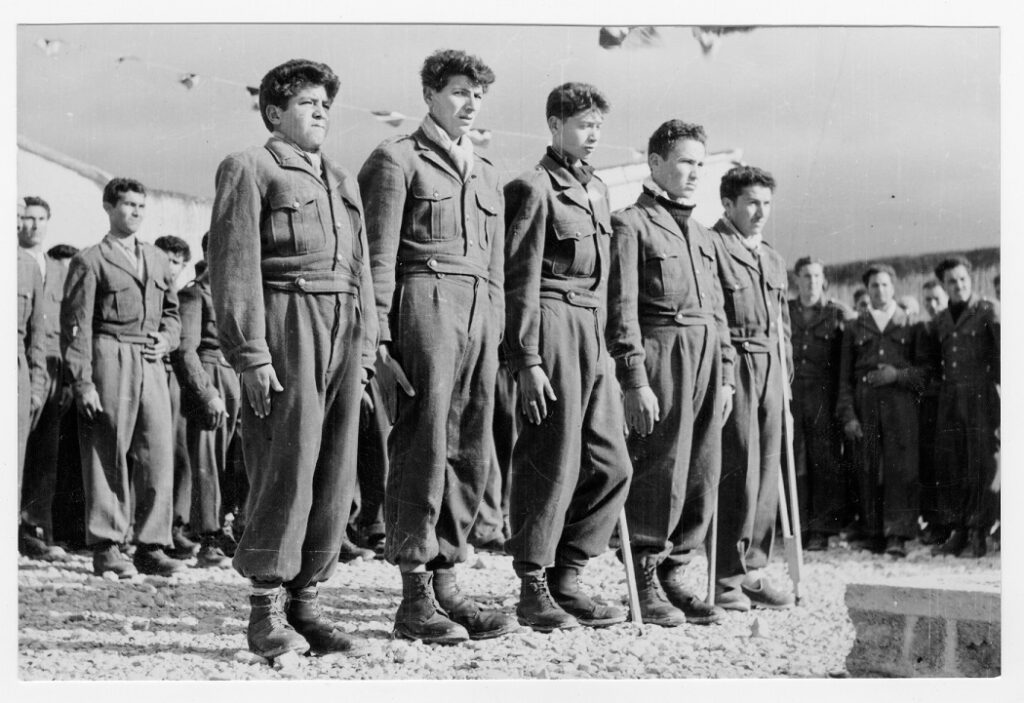Military ethics have evolved significantly over the centuries, from the chivalry of medieval knights to the complexities of cyber warfare in the modern era. This article explores this evolution, highlighting the shift from strict codes of conduct based on honor and bravery to the development of laws of war, just war theory, and the emerging ethical challenges of cyber warfare. As technology continues to advance and the nature of conflict changes, the ethical considerations of warfare remain a topic of debate and discussion. The principles of honor, humanity, and justice continue to guide the conduct of armed forces, shaping their actions in times of war.
The Evolution of Military Ethics: From Chivalry to Cyber Warfare
Introduction
Military ethics, the moral principles that govern the conduct of armed forces, have evolved significantly over the centuries. From the chivalrous knights of medieval times to the sophisticated cyber warriors of today, the ethics of war have adapted to the changing nature of conflict. In this article, we will explore the evolution of military ethics from chivalry to cyber warfare, examining how values and beliefs about war have shifted over time.
Chivalry and Honor
In medieval times, the concept of chivalry dominated the ethical codes of warfare. Knights were expected to follow a strict code of conduct that emphasized bravery, honor, and loyalty. Chivalry dictated that knights should treat their enemies with respect and show mercy to those who surrendered. The honor of the knight and his family was at stake in every battle, and a reputation for honor and valor was highly prized.
However, the reality of medieval warfare often fell short of these lofty ideals. Despite the code of chivalry, warfare was brutal and often ruthless. Knights engaged in acts of cruelty and violence, and the concept of total war was unknown. The rules of engagement were fluid and often ignored in the heat of battle.
The Enlightenment and the Laws of War
The Enlightenment brought about significant changes in the ethics of war. Enlightenment thinkers such as Immanuel Kant and Jean-Jacques Rousseau argued for the importance of reason and humanity in warfare. The laws of war began to take shape, with the idea that there were limits to the use of force and that civilians should be protected from harm.
The Geneva Conventions, first established in 1864, laid the foundation for modern international humanitarian law. These conventions established rules for the treatment of prisoners of war, the wounded, and civilians in times of conflict. The concept of war crimes emerged, with the recognition that individuals could be held accountable for atrocities committed in war.
The Rise of Just War Theory
Just war theory, a moral framework for evaluating the justice of war, gained prominence in the 20th century. Developed by theologians and philosophers such as St. Augustine and Thomas Aquinas, just war theory posits that wars must be fought for a just cause, with the right intention, and as a last resort.
Just war theory also outlines principles of proportionality and discrimination in the use of force. Military actions must be proportional to the threat posed, and combatants must distinguish between civilians and combatants, taking care to minimize harm to non-combatants.
The Evolution of Cyber Warfare
In the 21st century, the nature of warfare has shifted with the advent of cyber warfare. Cyber attacks present new ethical challenges, as the boundaries between war and peace become blurred. Cyber warfare has the potential to cause widespread harm to civilian populations, disrupt critical infrastructure, and undermine democratic institutions.
The ethics of cyber warfare are still being debated, as policymakers and military leaders grapple with the implications of this emerging form of conflict. Questions of attribution, proportionality, and the use of force in cyberspace remain unresolved. The rules of engagement in cyber warfare are still being developed, with efforts to establish norms and regulations for the conduct of cyber operations.
Conclusion
The evolution of military ethics from chivalry to cyber warfare reflects the changing nature of warfare and the ethical dilemmas that arise in times of conflict. As technology continues to advance and the nature of war continues to evolve, the ethical considerations of warfare will continue to be a topic of debate and discussion.
From the chivalrous knights of old to the cyber warriors of today, the values and beliefs about war have evolved over time. The principles of honor, humanity, and justice continue to shape the ethical conduct of armed forces, guiding them in their mission to protect and defend their nations. As we look to the future, the ethical challenges of warfare will only become more complex, requiring vigilance, moral courage, and a commitment to upholding the principles of military ethics.
